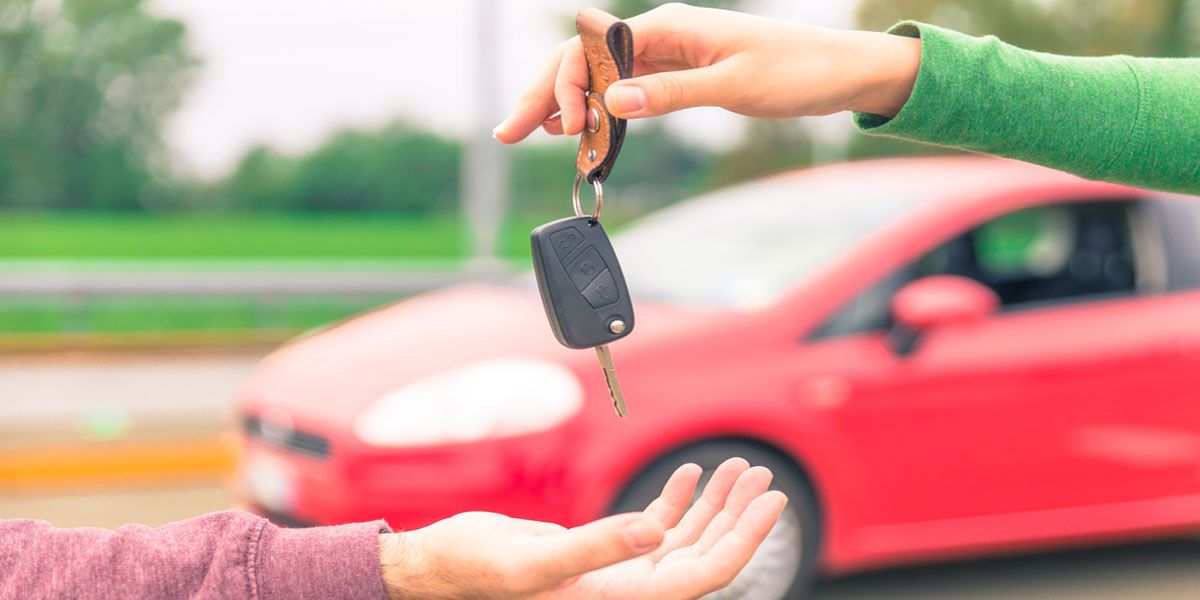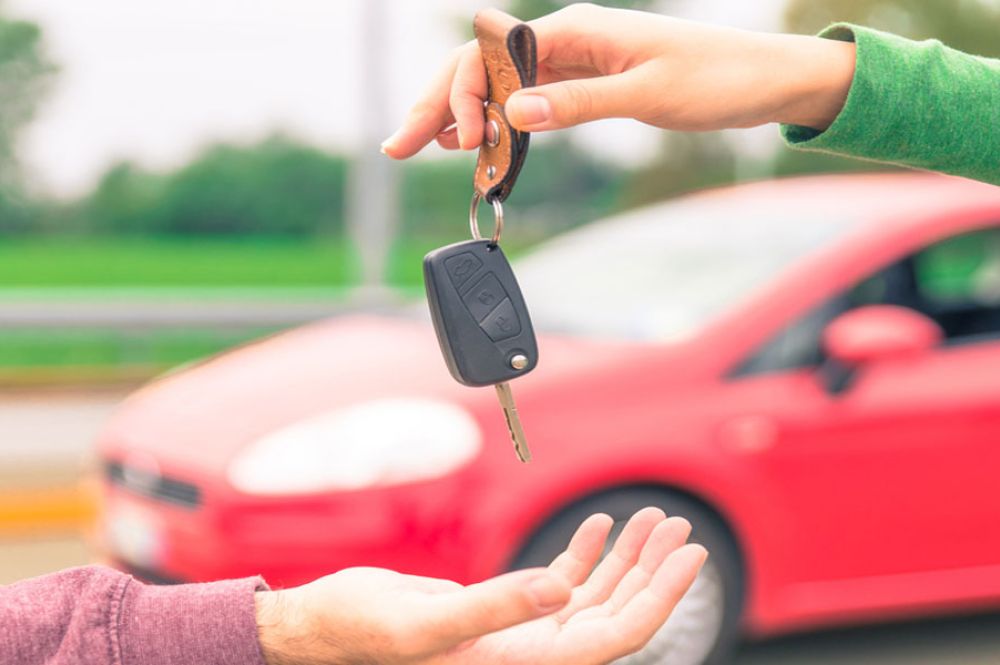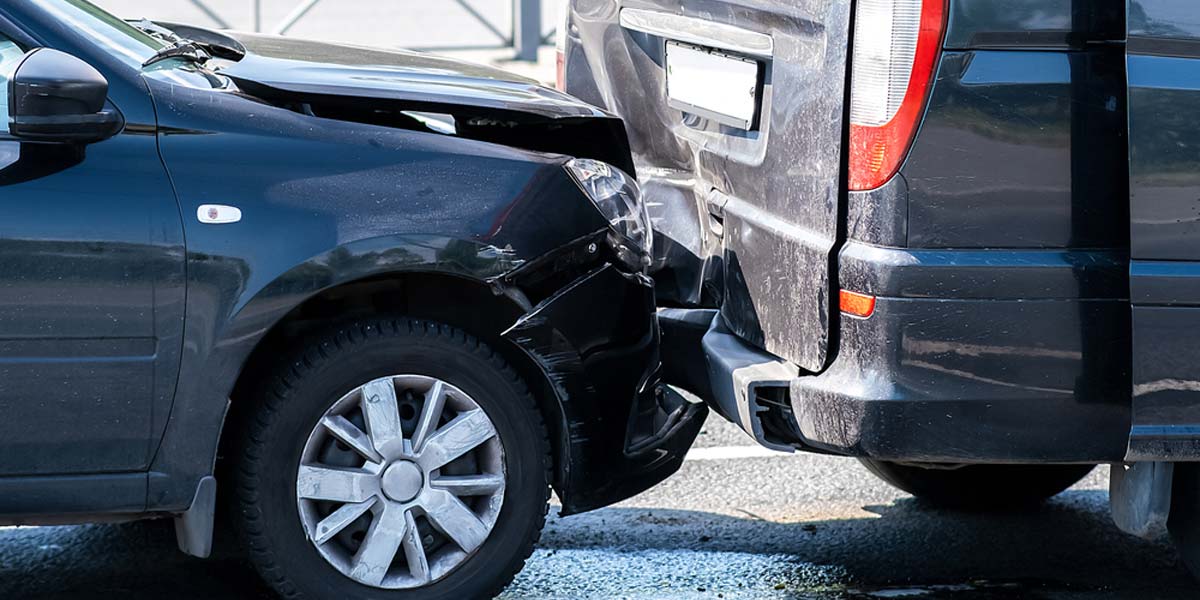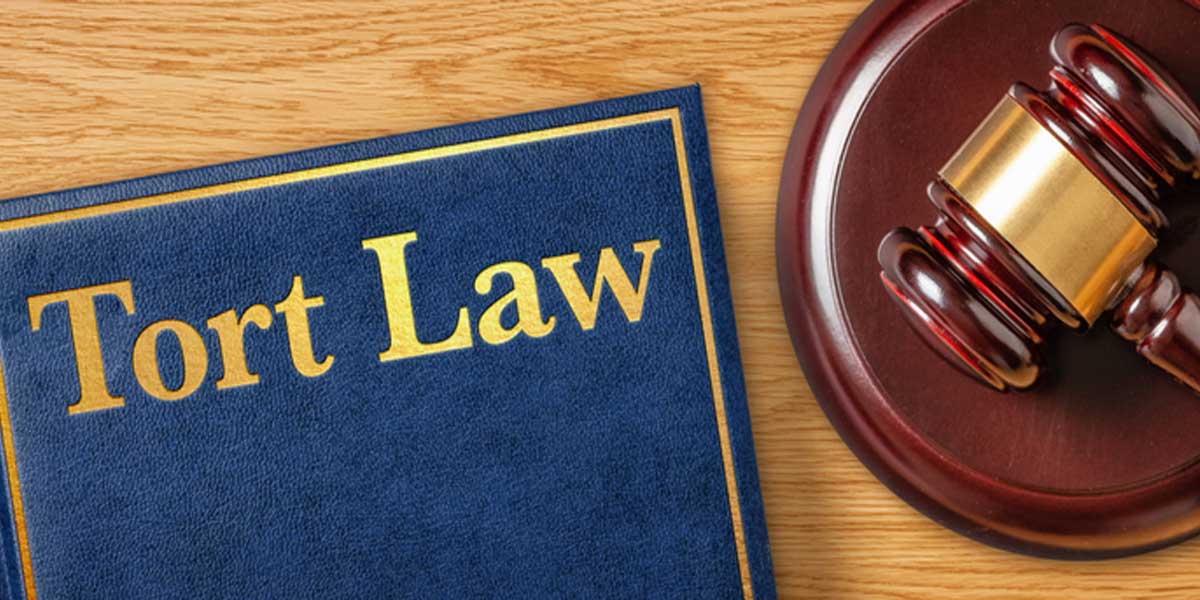- Home
- Practice Areas
- Car Accidents
- Truck Accidents
- Motorcycle Accidents
- Bus Accidents
- Drunk Driving Accidents
- No Fault & Uninsured Motorist
- Pedestrian & Bicycle Accidents
- Boating Accidents
- Dog Bites
- Swimming Pool Accidents
- Back & Spinal Cord Injury
- Head & Brain Injuries
- Fractures, Sprains & Soft Tissue Injuries
- Passenger Injuries
- Wrongful Death
- View All
- Practice Areas
- Attorneys
- Attorneys
- About Us
- Testimonials
- Settlements
- About
- Blog
- Contact Us
If Your Friend Crashed Your Car Are They Liable?



- Home
- Blog
- Car Accident
- If Your Friend Crashed Your Car Are They Liable?
Loaning a friend a car is a kind favor to your friend, but it can become a nightmare in some situations. If your friend has been in an accident while driving your car, you might wonder about the extent of your liability, especially if they were at fault for the accident.
Unfortunately, the concept of liability in Michigan car accidents becomes complicated when multiple parties are involved. Luckily, the accident attorneys at Matz Injury Law are here to answer your questions about liability when a friend wrecks your car in Michigan. If you need legal advice or help to file a claim against an at-fault driver, call our law firm at 866-226-6833.
What Are the Different Types of Insurance in Michigan?
Michigan drivers have access to several types of insurance coverage. Each option addresses slightly different needs and provides varying levels of coverage after a car accident. Be sure to read your insurance policy carefully to determine what your policy covers. We discuss the required types of car insurance policies in Michigan below.
Personal Injury Protection (PIP)
In 2019, Governor Whitmer signed off on no-fault auto insurance coverage in Michigan. Instead of traditional fault-based insurance, Michigan requires drivers to have certain minimum levels of personal injury protection or PIP insurance. That means that drivers look to their own auto insurance company for coverage first.
PIP insurance is no-fault insurance that pays reasonable and necessary medical expenses and medical bills for your lifetime (up to the coverage limit) following a car accident. It will also pay for losses related to time away from work and replacement services for up to three years after the auto accident.
Motorists can also choose new limits on medical benefits under more recent laws, which cuts down on the costs of premiums and insurance rates. In general, options for PIP insurance include the following:
- Unlimited
- $500,000 per person, per accident
- $250,000 per person, per accident
If you meet certain requirements, including being enrolled with Medicare or qualifying health insurance, you can sometimes opt out of PIP coverage.
Property Protection (PPI)
PPI coverage addresses property damage exclusively. It is required for drivers in Michigan. It addresses property damage to third parties, which PIP insurance does not cover.
PPI insurance will address up to $1 million for damages to another person’s property, such as buildings and fences. It will also cover damages to parked cars but will not pay for damages to another car because of an accident.
Liability Insurance
Every driver in Michigan must also have liability coverage. This insurance coverage is called Residual Bodily Injury and Property Damage Liability (BI/PD). It acts as standard liability coverage in other states that do not have no-fault laws.
If you are found legally responsible for an accident, and the other party’s injuries and damages exceed their PIP limits, then your Residual Bodily Injury and Property Damage Liability insurance will step in to cover injuries and damages up to your policy limits.
Default liability limits for BI/PD are:
- $250,000 for each person
- $500,000 for each accident if more than one person is hurt or killed
- $10,000 for property damage in another state
Although these are the default, Michiganians can purchase more limited coverage amounts (to save on premium costs). The lowest coverage limitations available from car insurance companies in Michigan are $50,000 per person and $100,000 per accident.
Once liability insurance is exhausted, the at-fault driver’s personal assets may be at risk for any damages over and above policy limits.
Will My Insurance Cover a Friend Driving My Car?
The short answer is: It depends. Every policy is a little different, so coverages will vary. In addition, whether your friend is covered under your insurance will also depend on whether they have their own insurance that might apply.
If your friend has their own PIP insurance, your friend’s insurance coverage will usually apply first if your friend is in an accident in your car. They might also be covered as someone listed as a family member under another person’s auto insurance policy.
There are a few exceptions to the general rule that PIP coverage will apply.
- Joyriding. If someone else takes your vehicle and drives it without your permission (or unlawfully), then PIP coverage may not apply.
- Out-of-State Drivers. If the friend who drove your car is not a Michigan resident, PIP will likely not apply. PIP coverage only applies to owned, registered, and insured vehicles in the state of Michigan.
- Excluded Drivers. Some drivers are specifically excluded from PIP coverages, likely because of a poor driving record. If that is the case, no-fault benefits likely will not be available for that particular person.
If none of these other coverages apply, the driver might be able to get PIP benefits from the Michigan Assigned Claims Plan (MACP). The MACP is a government-funded and run program that provides benefits to those have been in an auto accident but could not buy mandatory automobile insurance due to having too many points on their license.
What Happens If My Friend Wrecks My Car in Michigan?
If someone else crashes your car, the other driver involved will likely receive benefits from their own insurance coverage, whether that is PIP, PPI, or liability insurance. Because Michigan is a no-fault state, there is an extra barrier of protection for drivers who cause accidents.
However, if the injuries and damages involved exceed a “threshold injury requirement,” the other driver or passengers may be able to sue — and both your friend and you, as the owner of the vehicle, may be liable for damages.
What is a Threshold Injury?
A threshold injury is defined under Michigan law as a “serious impairment of body function,” “permanent serious disfigurement,” or death. According to the Michigan Court of Appeals, the injuries must affect a person’s lifestyle, and the injuries may be temporary to qualify as a threshold injury.
If an injury is considered a threshold injury, the injured person can sue for pain and suffering damages from the at-fault driver and vehicle owner. They have to prove the following to receive damages:
- The injury is observable or perceivable from symptoms or conditions by someone other than the injured person (“objectively manifested”).
- The impairment must affect an important body function that is of great value, significance, or consequence to the injured person.
- The injury must change or influence the injured party’s ability to live a normal life.
Whether a threshold injury exists is a fact-intensive investigation. Each case is evaluated individually based on the unique facts of that person’s life. It will generally require a thorough examination of the injured person’s life before the car crash and how it changed after the accident.
Are Vehicle Owners Liable for Others Driving Their Car?
In Michigan, vehicle owners are usually liable for other people driving their cars. In general, if someone borrows your car or drives it with permission, you, as the vehicle owner, are liable for any injuries caused by the negligent operation of the vehicle.
What Happens if My Friend Kills or Injures Someone While Driving My Car?
When a friend kills or injures someone while driving your car in Michigan, you are likely liable for any injuries or damages your friend caused simply because you own the car and let your friend drive it. They can sue you for pain and suffering, which PIP insurance does not cover.
Of course, each pain and suffering claim must be the result of a threshold injury. However, the bar for threshold injuries is relatively low — if the injury impacted a person’s lifestyle, even temporarily, it might be considered a threshold injury.
Your liability insurance coverage should help address these damages. However, if your liability coverage is not enough to cover everything, you may have to pay out of pocket for those damages and losses.
What Happens When My Friend Damages Someone’s Property with My Car?
Just like physical injuries, if a friend causes property damage in your car, you are likely going to be legally liable for those damages as well. However, if you have property protection (PPI) as required under Michigan law, those damages should be addressed by that type of insurance coverage, up to $1 million in damages.
Is My Friend Responsible for Damages to My Car?
If you have collision coverage for your vehicle, that type of insurance will likely cover any damage to your car after an accident. Collision insurance specifically addresses any property damage that affects your vehicle, regardless of whether a friend caused the damage or you hit a deer. Collision coverage, unlike other forms of insurance coverage, follows the car rather than the driver.
You will need to file a claim with your insurance company to receive collision coverage. Your insurance company will walk you through the steps you need to take to get your car repaired. Under some policies, your insurance company will arrange repairs with a body shop. In other cases, you might need to get quotes and provide information to the insurance company about the costs of repair first. The insurance company will reimburse you for the repairs or pay for them on your behalf.
Remember that collision benefits are limited by the value of your coverage, and you will often need to pay a deductible before the insurance company pays for the rest of the damages.
Michigan’s Mini Tort Law
If you do not have collision coverage, then you are responsible for paying for your vehicle’s damages. However, you might have the option to use Michigan’s mini tort law to receive up to $3,000 to address your vehicle’s damages.
When Would Michigan’s Mini Tort Law Apply?
If you were less than 50% at fault for the accident, you might be able to get these funds from the at-fault driver or their insurance company.
How Would I Start a Mini Tort Claim?
You need to reach out to the at-fault driver to start this type of claim. The other driver should turn it in to their auto insurance company for payment if they have car insurance. Unless the other driver is uninsured, the at-fault driver’s insurance should cover these damages.
How Are Mini Tort Disputes Addressed?
These cases are generally handled in small claims courts, so they are often much faster and easier to address if there is a dispute.
Need Help Collecting Compensation After a Car Accident? Call Us.
If you have a friend that has been in an accident and needs help getting compensation, give us a call. We can help you address any issues as the vehicle owner and help your friend get the compensation they deserve. Do not hesitate to reach out to the car accident lawyers at Matz Injury Law for a free consultation by calling 866-226-6833. You can often get more out of your settlement by hiring a lawyer.

Written By Steven Matz
Steven J. Matz is a founding shareholder of Matz Injury Law. The firm’s concentration is on personal injury litigation, with an emphasis on traumatic brain injury.
Speak To an Attorney
"*" indicates required fields







The maximum contingency fee permitted by law is actually 331/3%. Michigan court rules require that the attorney fee be computed on the net sum recovered after deducting all disbursements properly chargeable to the enforcement of the claim.
We can charge 22% while virtually all other injury attorneys charge 331/3% because we are very, very, good at obtaining results for our clients.
We do not spend millions of dollars on television ads; instead, we offer a lower fee to all our clients. We do not have dozens of lower paid associates handling our work. All our clients are represented by Steven and Jared Matz. Steven Matz started the firm in 1977 and since then has dedicated his life to representing injury victims. Jared joined the firm in 2016 but grew up listening to stories, discussing theories, and generally learning at the dinner table about how to effectively and compassionately represent injury victims. Jared Matz was literally born to represent individuals involved in motor vehicle crashes.
All of our cases are handled on a contingency fee and all our cases are handled at 22%. Whether the case settles or goes through trial, the fee does not change. While our competitors make excuses as to why they charge so much, we are obtaining results for our clients at a lower fee.
At a typical television advertising law firm, your first call will be handled by a receptionist, who may refer you to an intake person, who will discuss your claim with an intake manager, who then discusses your claim with an associate, who may then report to a partner. You may never speak with the person whose name is at the top of the letterhead. At Matz Injury Law you will always speak with either Steven Matz or Jared Matz.

© 2024 Matz Injury Law


